Is it an Emergency When a Dog Eats Sand?
Many dogs love to go to the beach with their human family members, and it’s not uncommon for them to eat a little sand while playing fetch or digging. However, eating too much can be potentially deadly for dogs, so this article is to help owners recognize when it may be an emergency. Below is some important information about sand impaction in dogs.
Dog Sand Impaction Symptoms
Your dog could begin showing symptoms of sand impaction anywhere between a couple hours to several days later.
Some of the earliest symptoms of sand impaction in dogs is:
- restlessness (panting, pacing and inability to lie down)
- loss of appetite
- vomiting
- abdominal distension
- abdominal pain
- straining to defecate
If your dog eats sand, especially a lot of it, he may become constipated within 1-2 days. If the constipation worsens, and the patient is dehydrated , the sand can become compact and has a potential to develop into an intestinal obstruction that could be life threatening.
Ways to Prevent Excessive Consumption of Sand in Dogs While at the Beach
Although it’s impossible to stop your dog from eating sand at all on the beach, you can take some steps to reduce the volume consumed by your pet and reduce the likelihood of sand impaction in dogs. Listed below are prevention tips.
Avoid Playing with Sandy Toys or Grooming
Most dogs unintentionally ingest too much sand because of their play and behavior overall at the beach. Grooming at the beach or playing with toys that are coated in sand can cause dogs to swallow excessive amounts of sand that may add up over time. You should rinse their toys frequently with fresh water during play to prevent accidental sand ingestion.
Avoid Digging Holes or Drinking Ocean Water
Many dogs like to dig holes at the beach, and this is another way excessive sand can be ingested. It is also important to prevent your pet from ingesting salt water, as this can cause gastrointestinal upset and can lead to elevated sodium levels and neurological signs.
Treatment for Sand Impaction in Dogs
After your veterinarian performs a physical examination on your pet, the diagnostic treatment will likely include bloodwork and radiographs to confirm sand impaction. This will also determine the degree of sand ingested to allow for an appropriate treatment plan for your pet to be made.
Mild to Moderate Cases: Supportive Care
For mild sand impaction in dogs, most respond well to outpatient treatment including anti-nausea, pain medications and subcutaneous fluids. For moderate sand ingestion, most pets who are showing progressive symptoms will require hospitalization for intravenous fluids, anti-vomiting medications and pain control.
Your veterinarian will monitor for resolution of sand impaction by performing serial abdominal radiographs during your pet’s hospitalization. Good news, most pets respond quickly to treatment and are discharged from the hospital within 12-24 hours.
Severe Cases: Surgery
Although not as common, severe cases that do not respond to medical management may require surgery to remove the sand from the intestinal tract.
Other Dangers of the Beach that Dog Owners Should be Aware of
It’s imperative to provide shade and fresh water for our pets when outdoors. Most dogs love the beach and will continue playing but there is the chance that they could develop heat stroke. This is a potentially deadly condition that requires immediate veterinary attention.
Specific breeds of dogs that are predisposed include brachycephalic breeds (French Bulldogs, English Bulldogs, Pugs, Boston Terriers, etc.) These breeds have upper airway disease which makes it more difficult for them to dissipate heat. Other pets at risk for heat stroke are those who are overweight and that have a condition called laryngeal paralysis. These conditions also make it difficult for these patients to dissipate heat.
If Your Dog Eats Sand and Develops Sand Impaction, Contact 24/7 Local Veterinarian Right Away
As discussed, a small volume of sand ingestion is not harmful but if your pet develops clinical signs, please seek veterinarian care.
If your dog eats sand and you’re not sure if the amount is okay, or if you notice any of the symptoms of sand impaction in dogs mentioned above, contact 24/7 Local Veterinarian as soon as possible. With locations open 24 hours all over the country, our emergency veterinarians will be able to answer any questions you have and will let you know if it’s a good idea to come in. Your pet’s health is important to us, so don’t hesitate to ask for advice on what’s best to do for him.
Contact with your local vet for the best advise
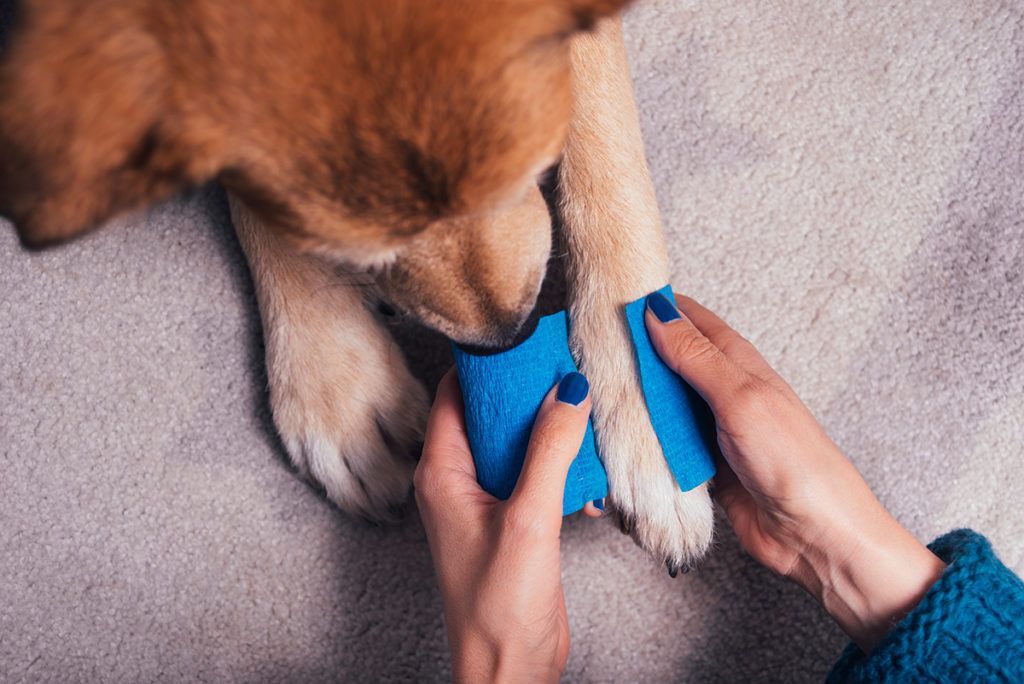
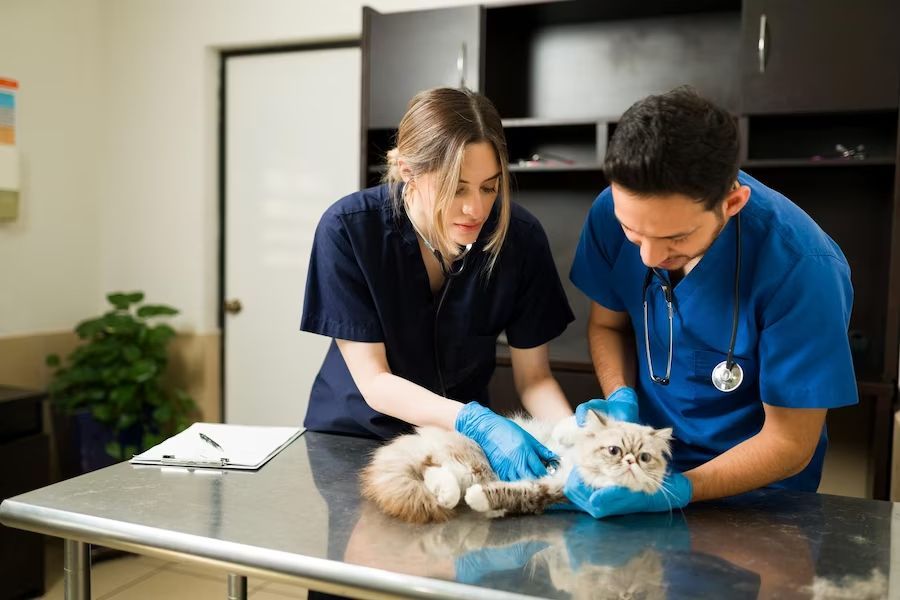
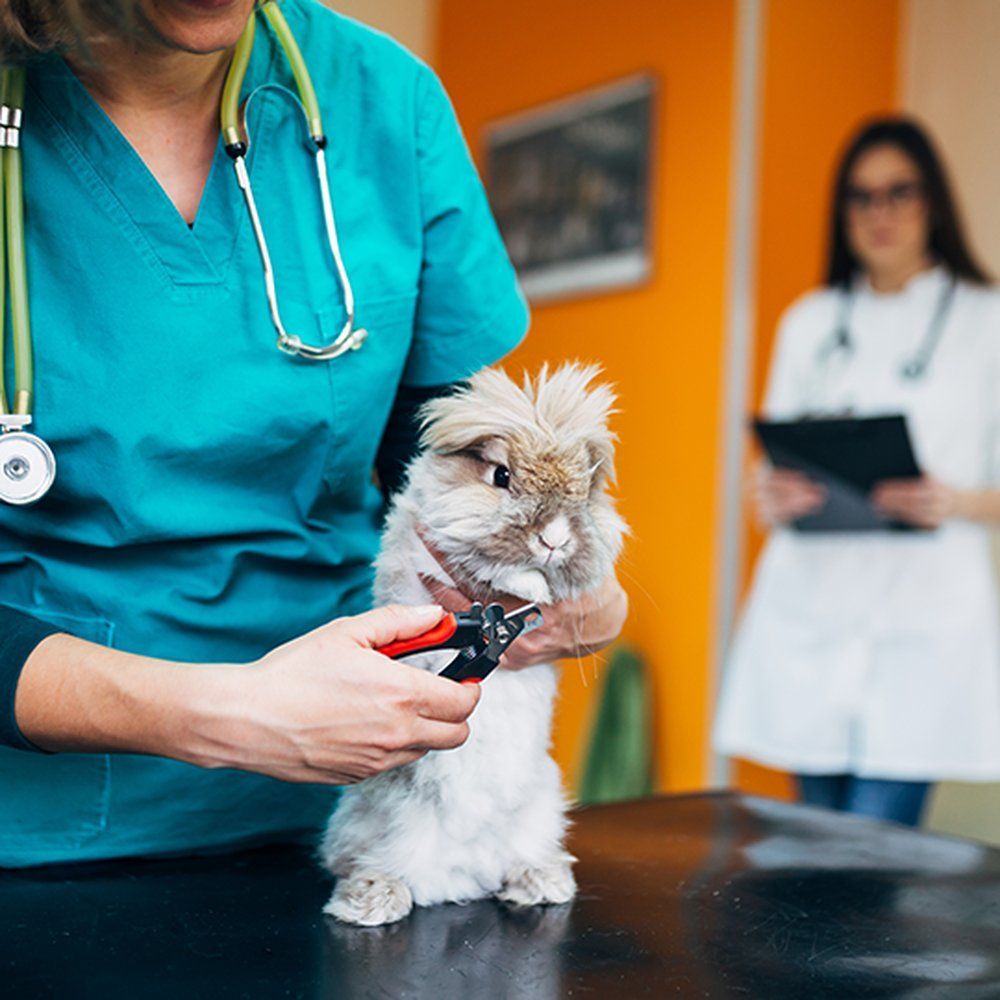
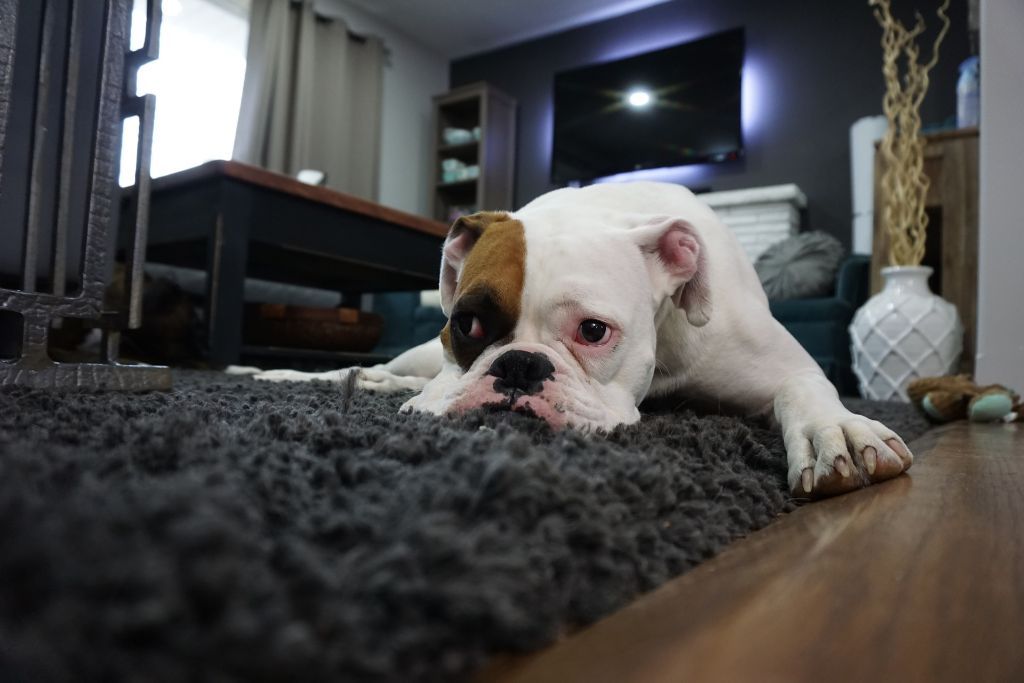
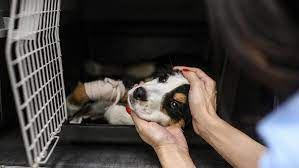
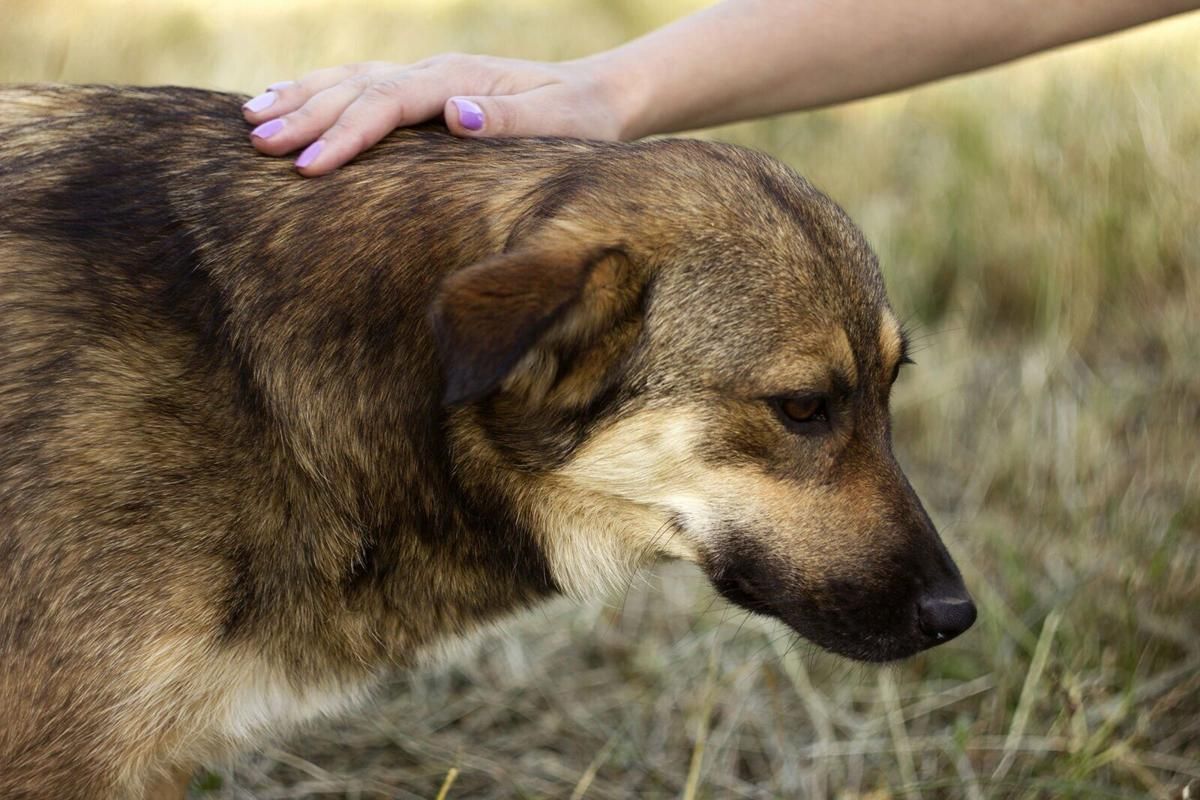
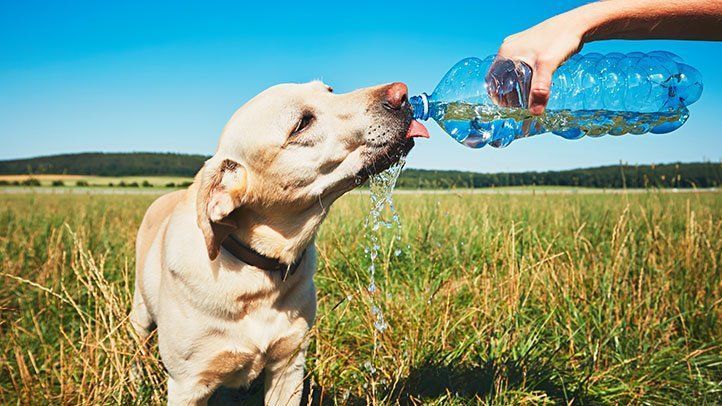

Resource Center




24/7 Local Veterinarian is a Veterinarians referral service. We connect you with Veterinarians in your area. All Veterinarians are operated independently of 24/7 Local Veterinarian. It is the responsibility of each user to verify that the Veterinarian connected with meets all licensing and insurance requirements in that jurisdiction.
Photos on 24/7 Local Veterinarian are for design purposes only and do not represent the vets services in your area.
Services will not be available in all areas, and when services are available, they may vary depending on providers available.

